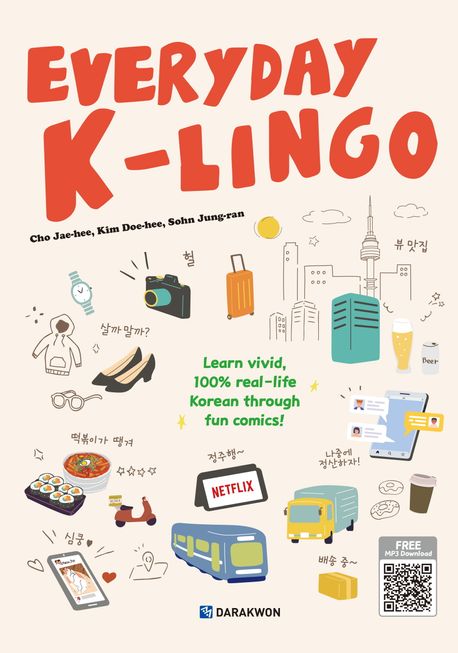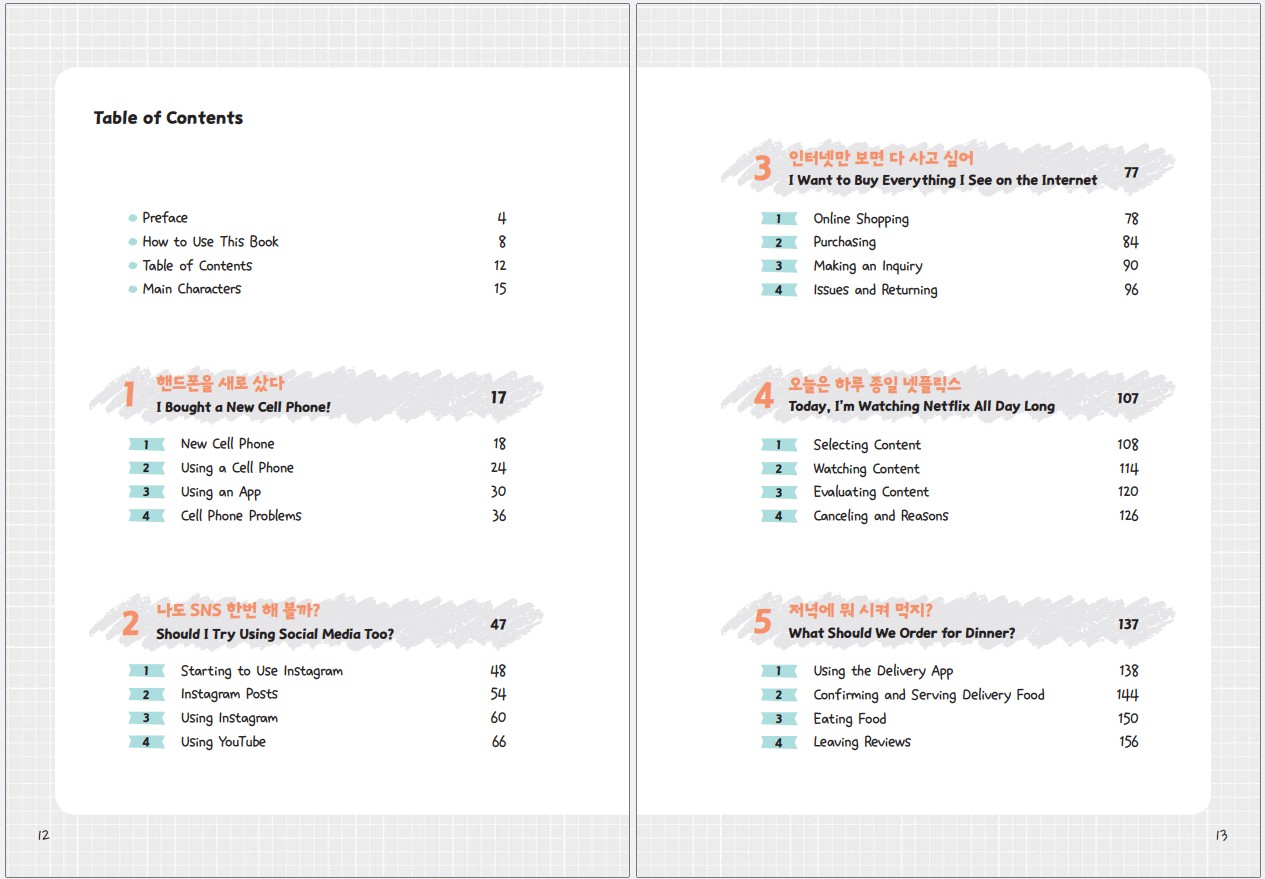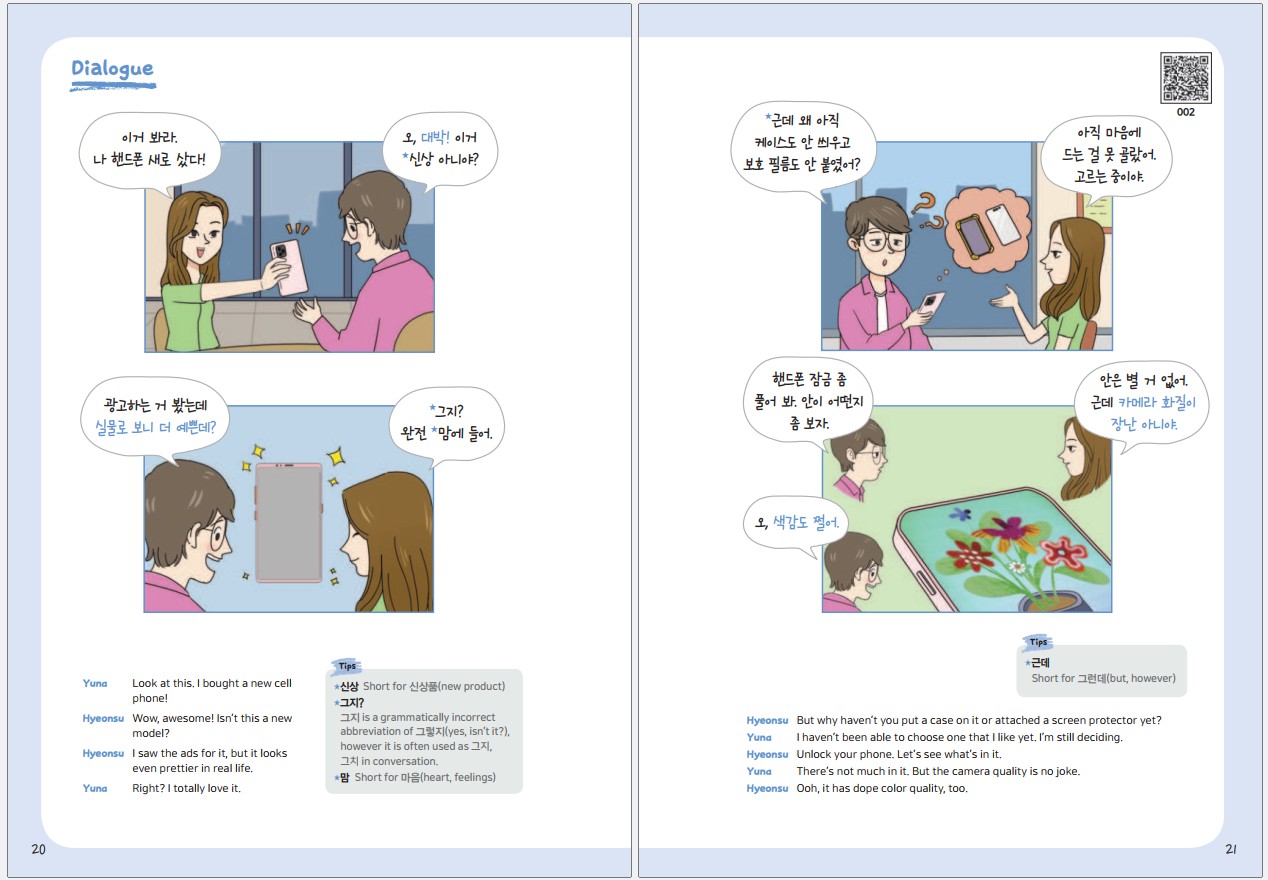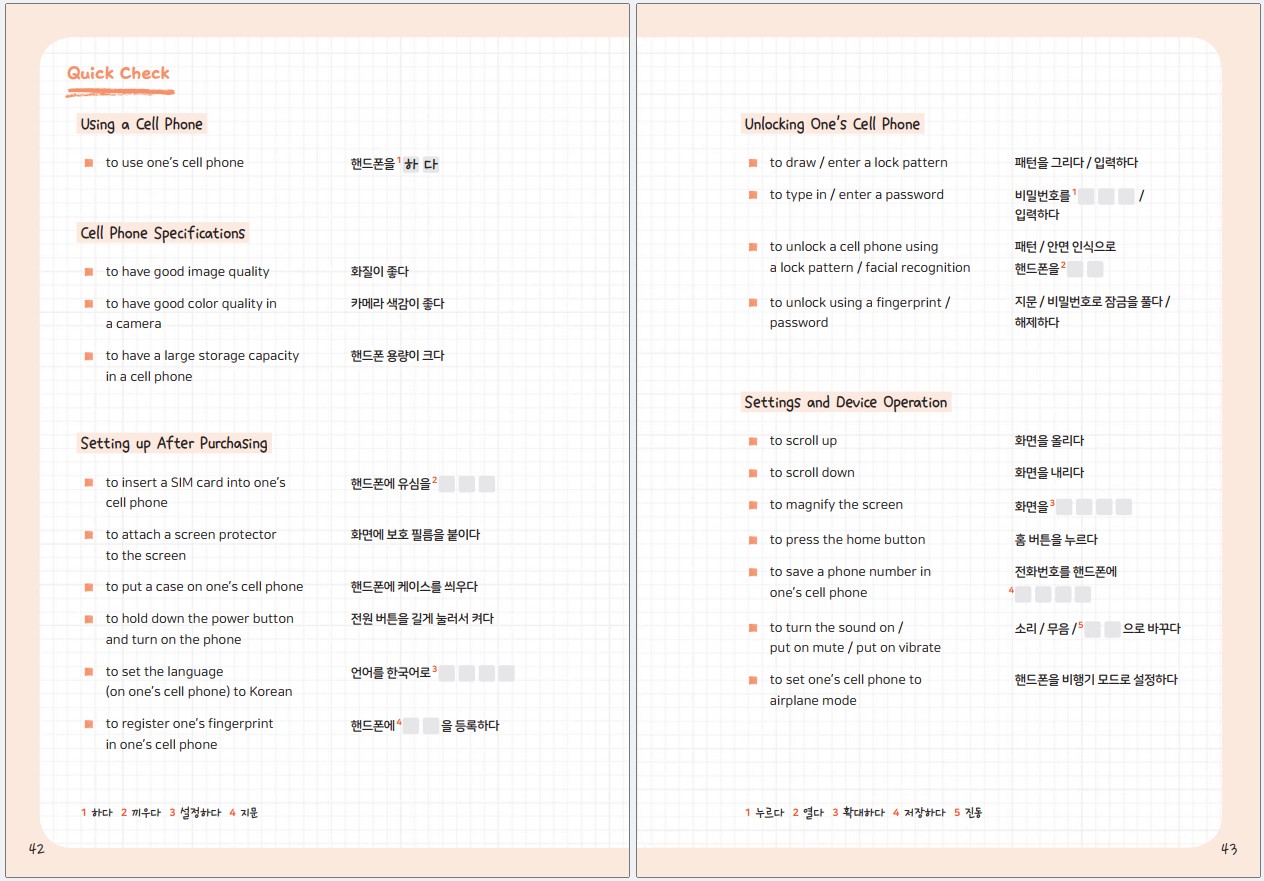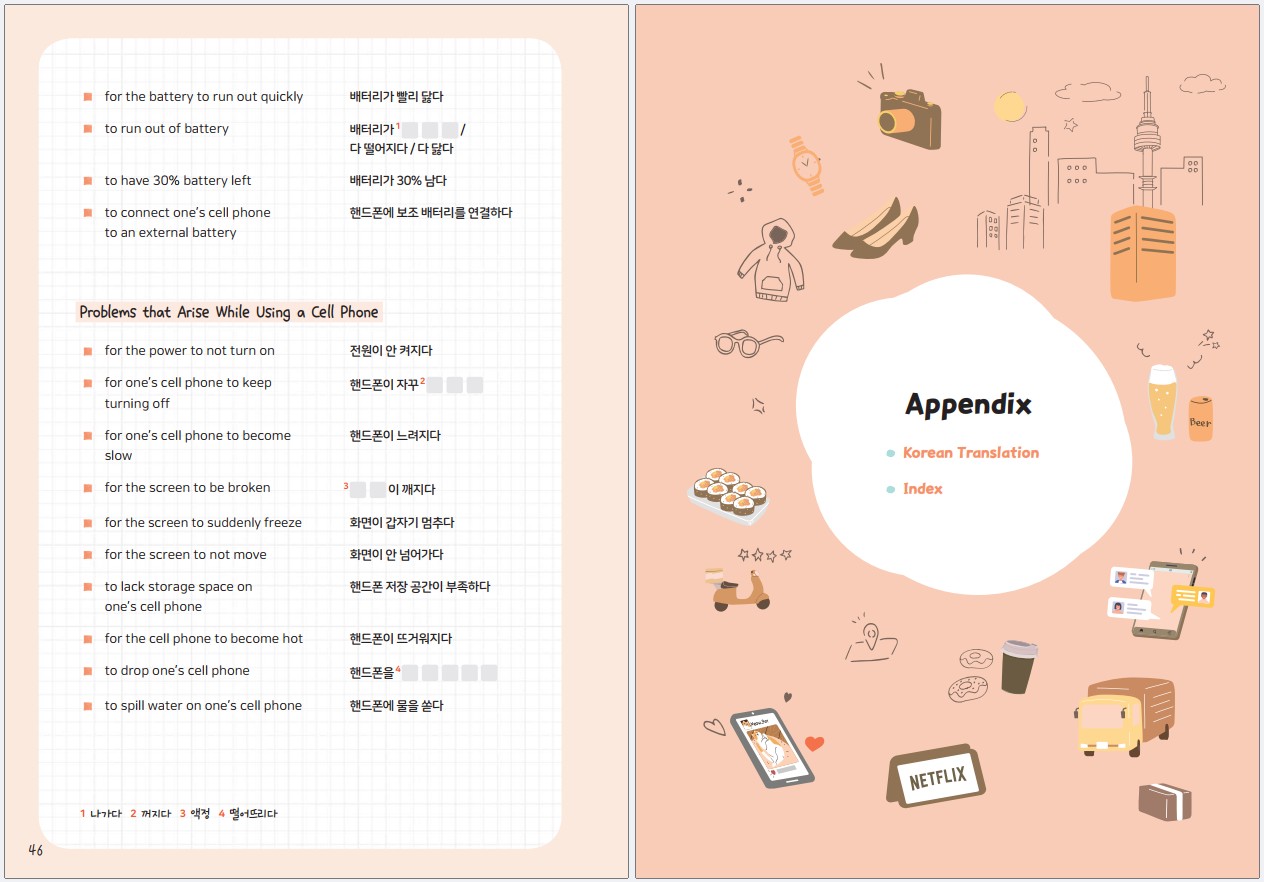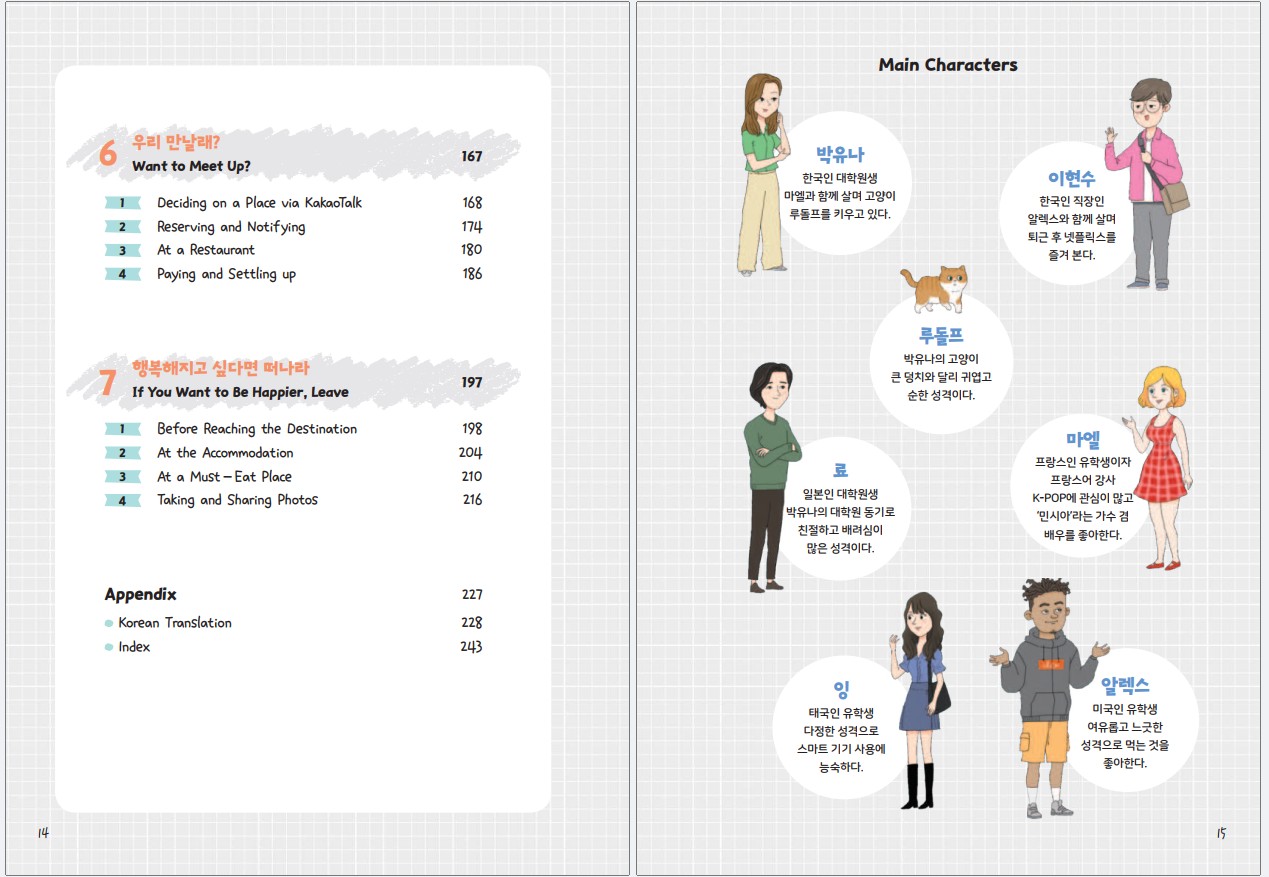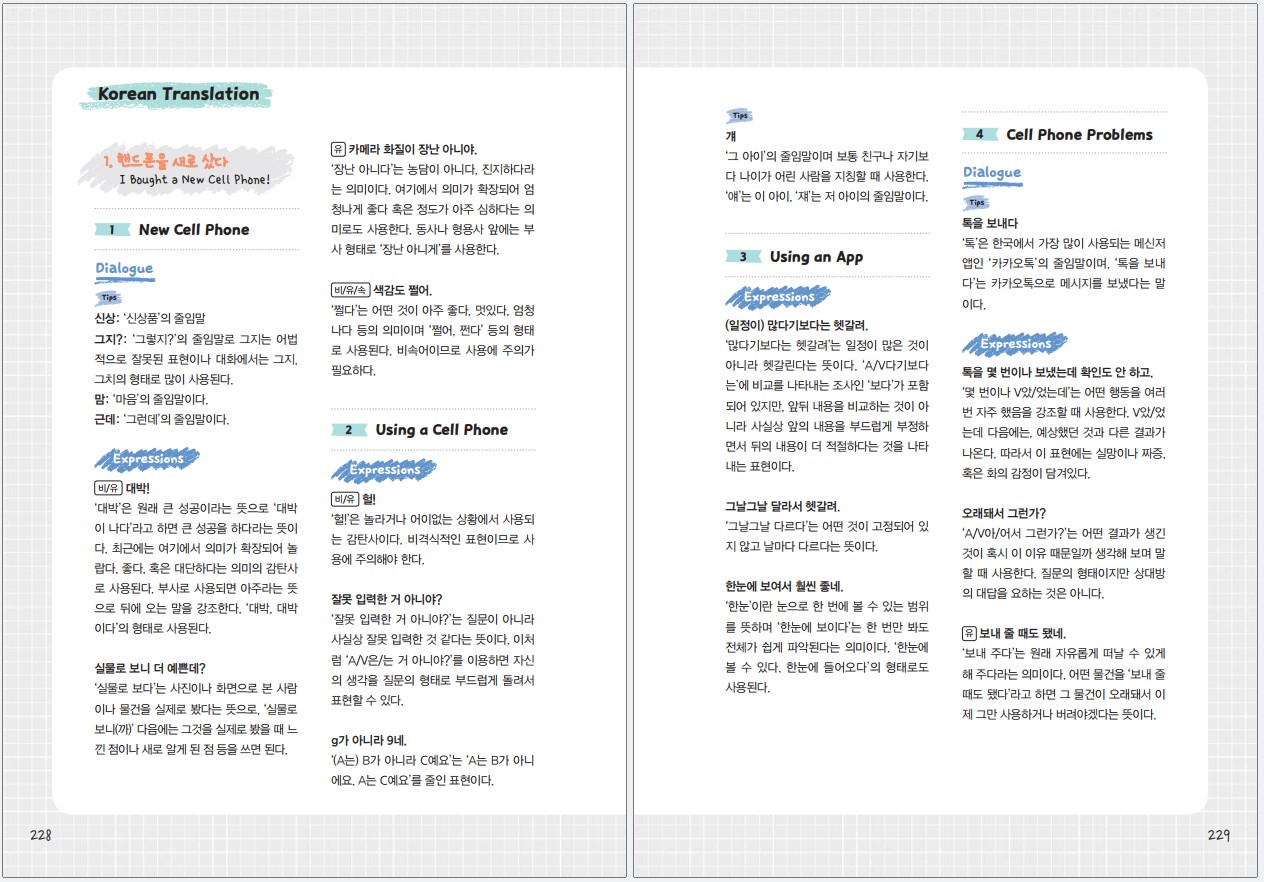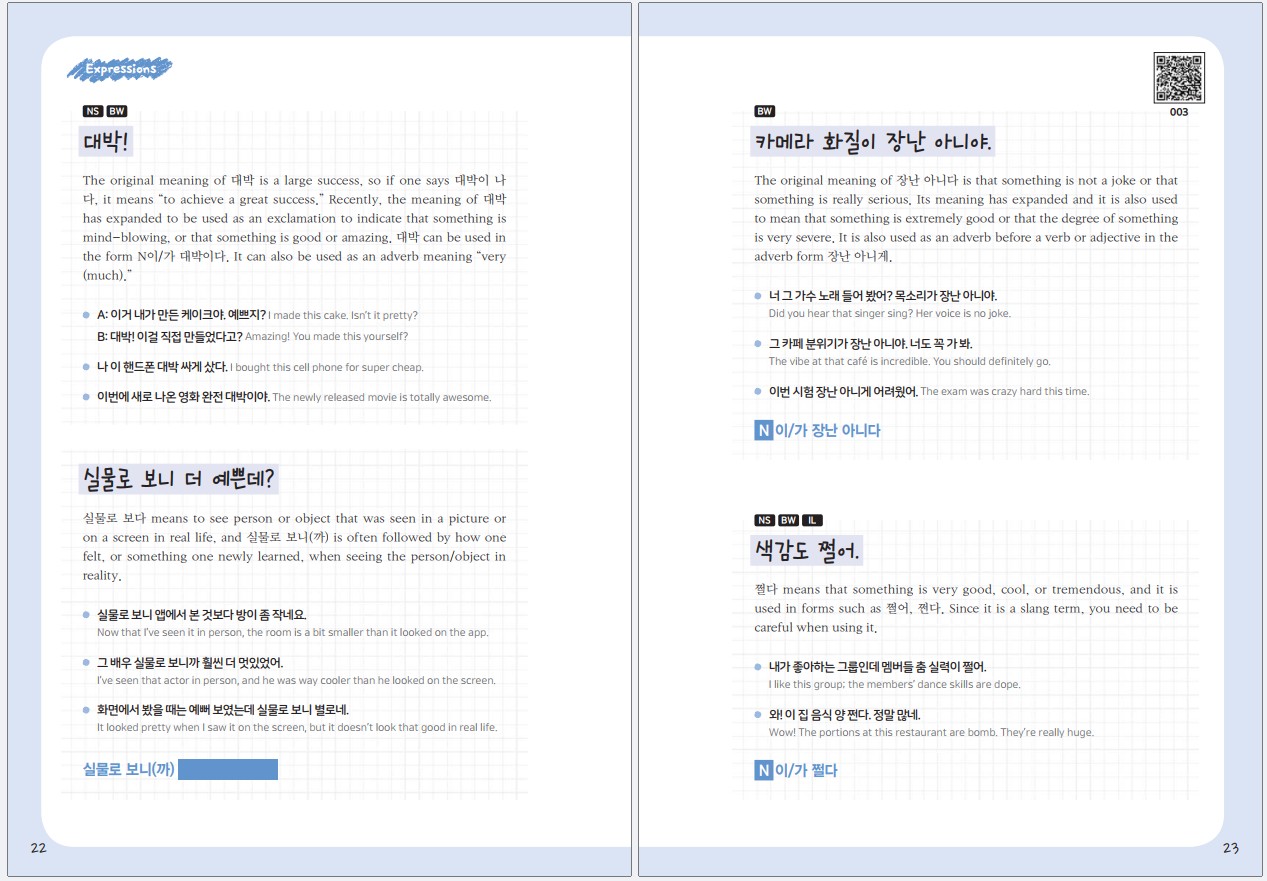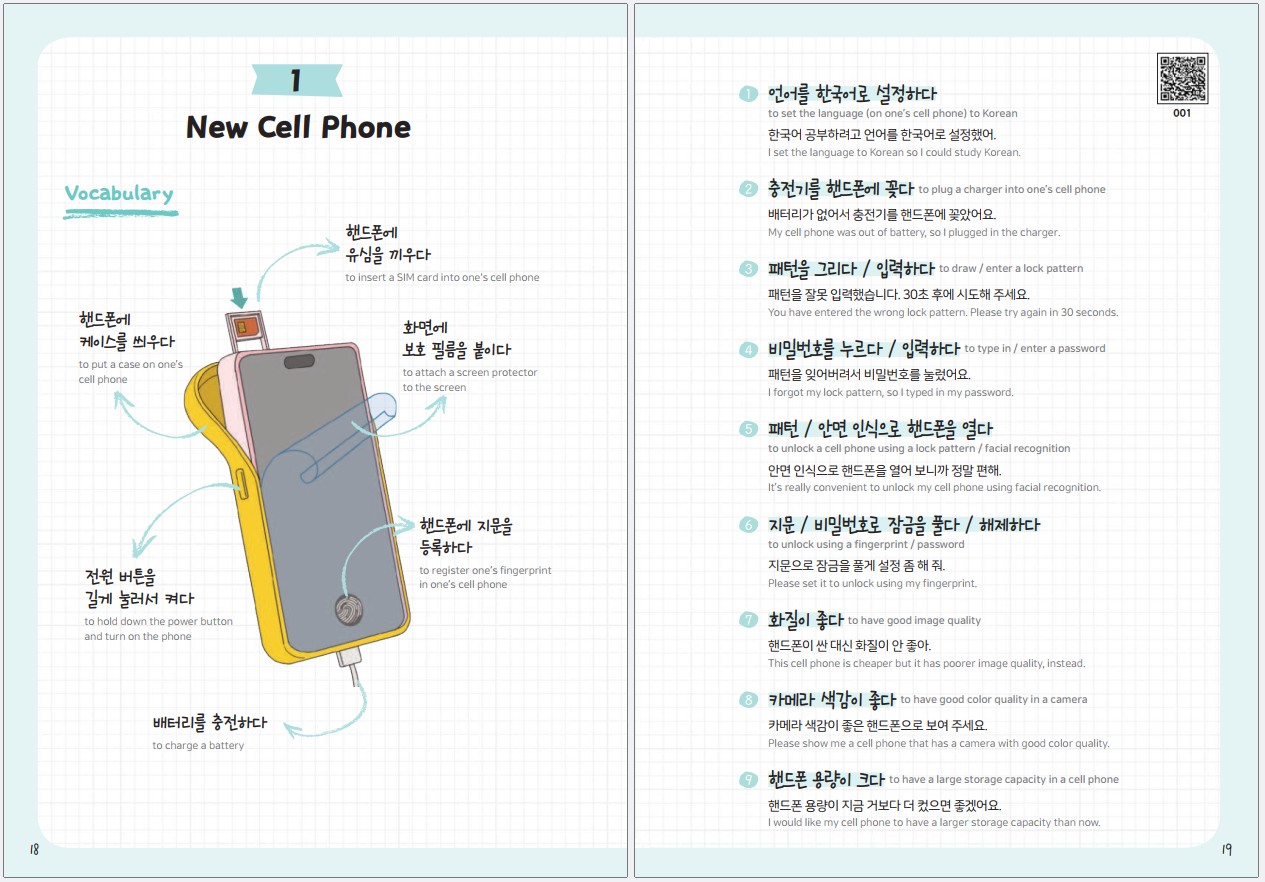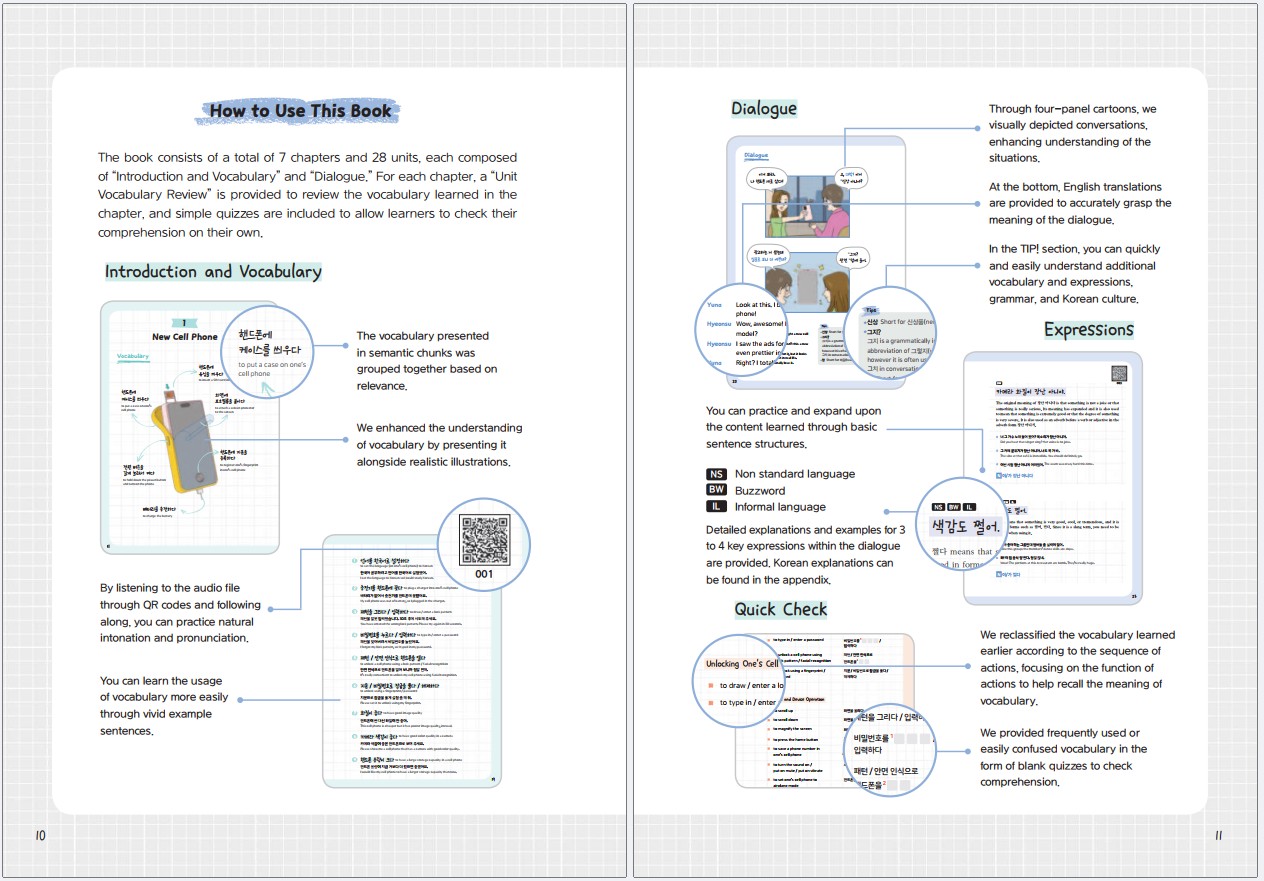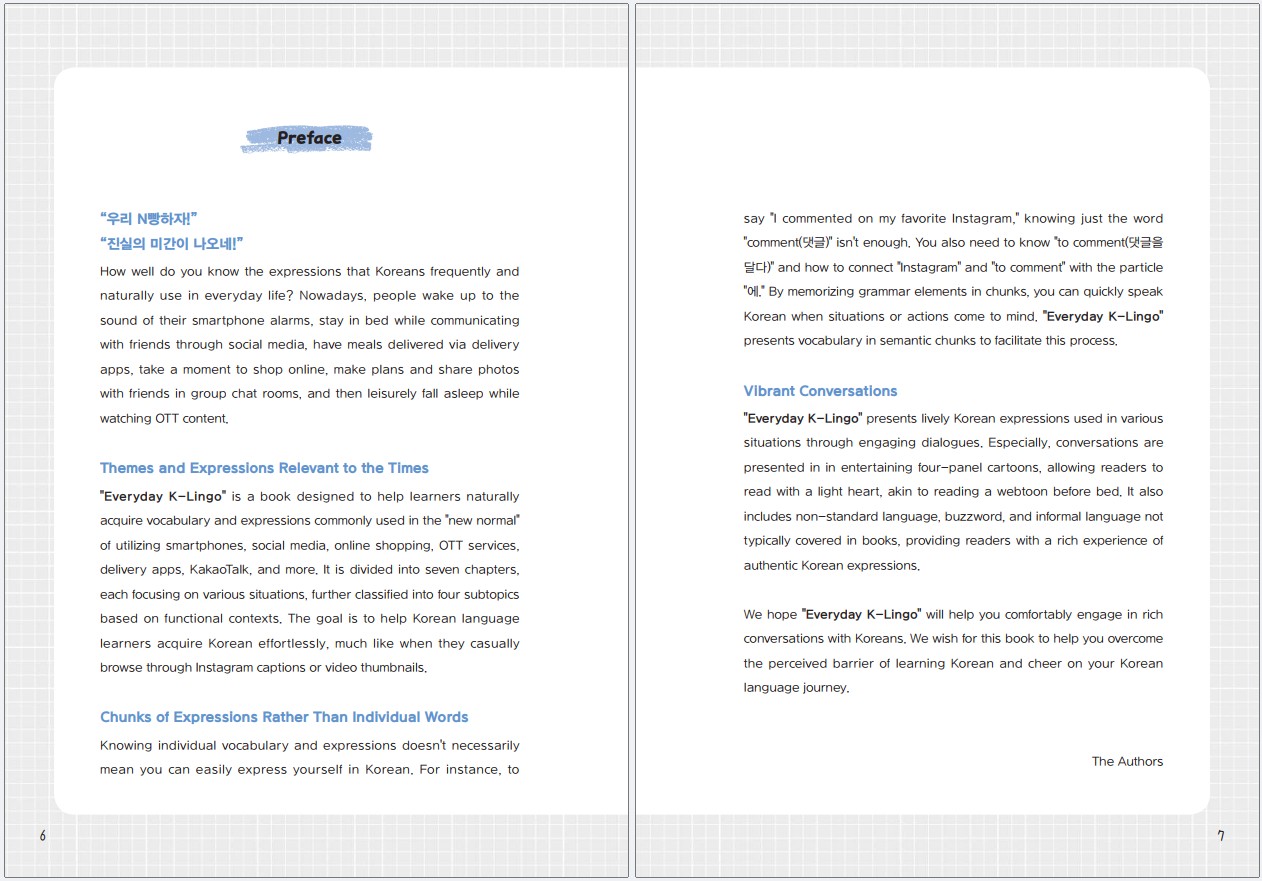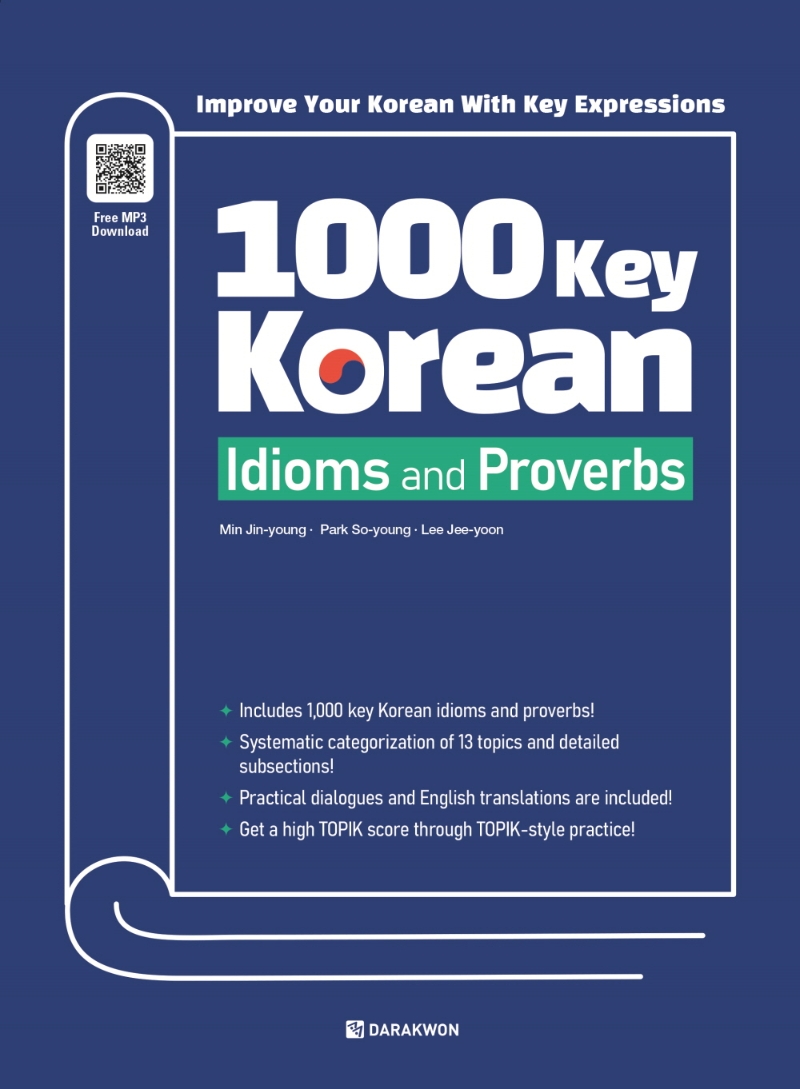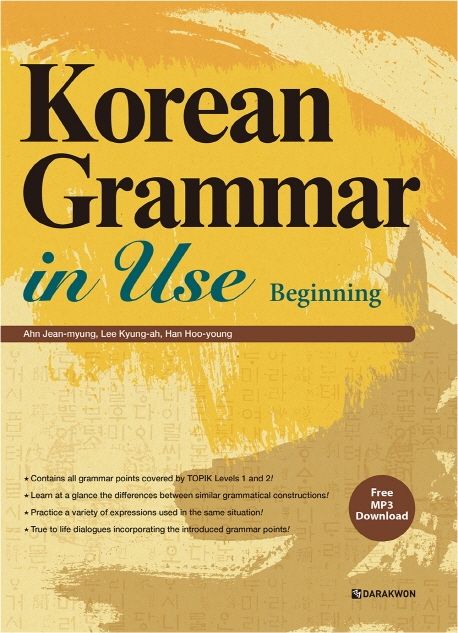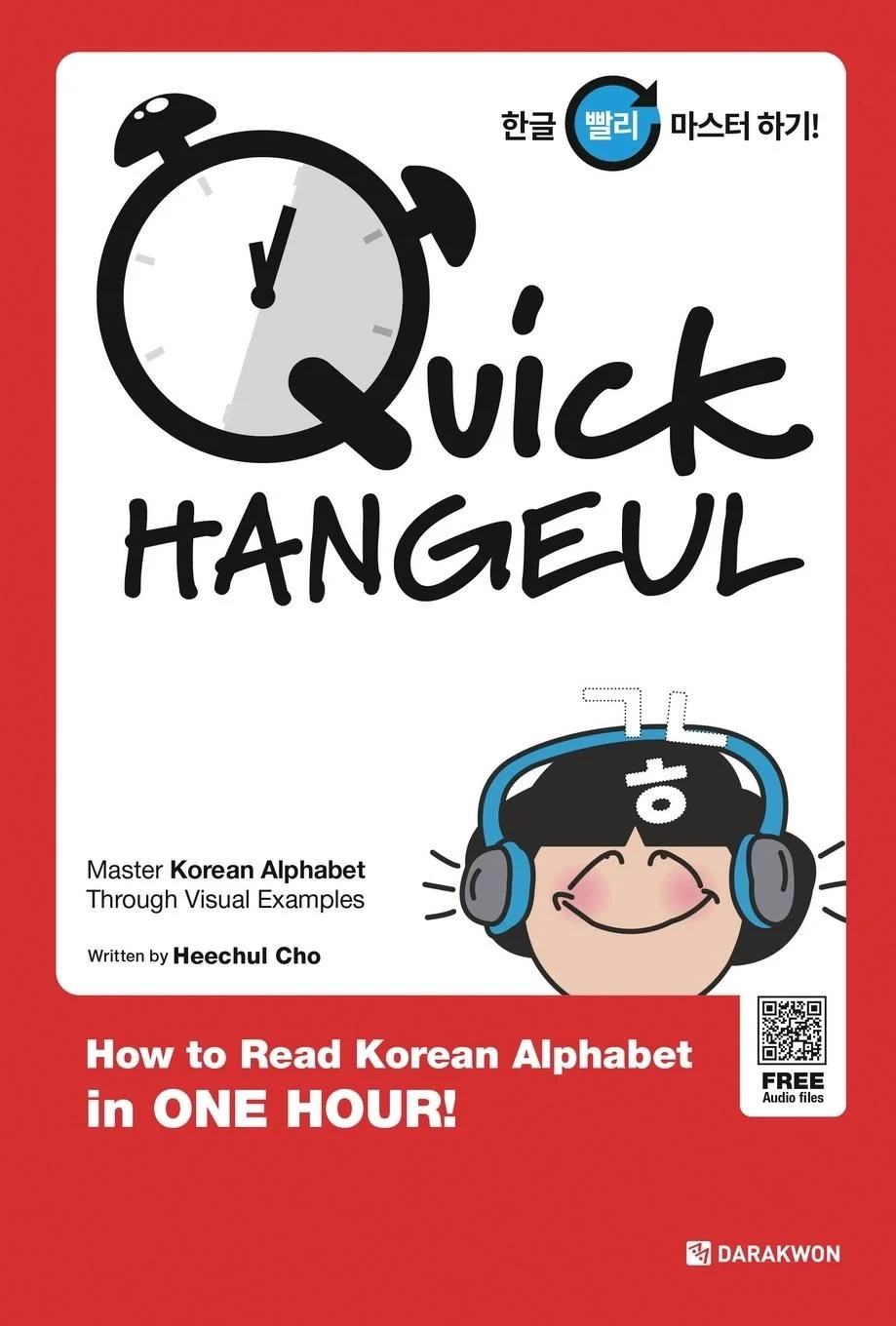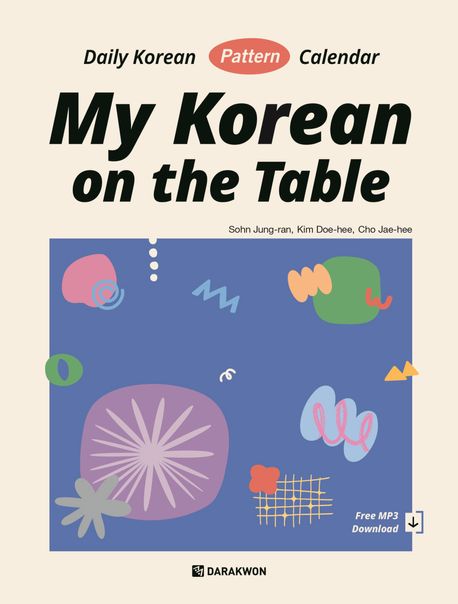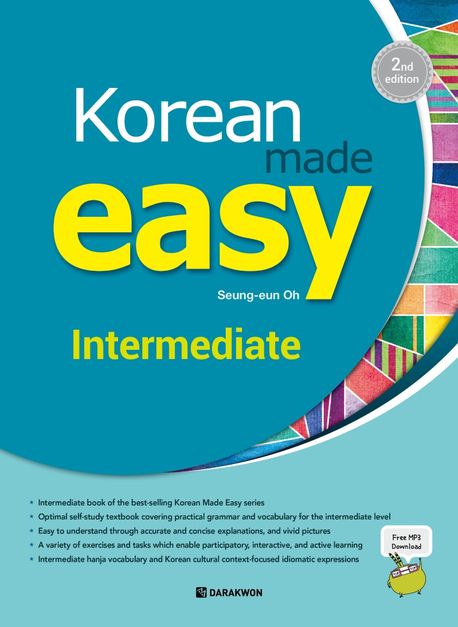Cho Jae-hee, Kim Doe-hee, Sohn Jung-ran
Everyday K-Lingo + Free QR Download Learn Vivid, 100% Real-Life Korean Through Fun Comics
29,90 €*
-
Art.Nr./ISBN: 9788927733331
-
Verlag: Darakwon
-
Seitenzahl: 256
-
Einband: Softcover
-
Jahr: 2024
-
Sprache: English, Korean
-
Autor: Cho Jae-hee, Kim Doe-hee, Sohn Jung-ran
Auf Lager. Versandfertig in 2-4 Werktagen
Produktinformationen "Everyday K-Lingo + Free QR Download"
“우리 N빵하자!” “진실의 미간이 나오네!”
How well do you know these kinds of expressions that Korean people naturally and frequently use? Even if you are diligently studying Korean, when you see Korean subtitles on YouTube or read Korean comments on Instagram, it’s easy to feel like you are missing something. As our daily lives have changed since the advent of smart devices, frequently used words and phrases have also changed. “Everyday K-Lingo” reflects these changes, selecting the theme of “new daily life” using smartphones, social media, online shopping, content streaming platforms, delivery apps, KakaoTalk, etc. and including vocabulary and expressions that are frequently used in that daily life.
However, just because one knows a lot of words doesn’t mean that one can express them easily. For example, if you want to say, “I left a comment on my favorite celebrity’s Instagram,” you need to know the vocabulary word for “comment” (“댓글) as well as the expression “to leave a comment” (“댓글을 달다”), and then you need to know how to connect “Instagram” and “to leave a comment” with the particle “에.” In this way, you must remember chunks of meaning rather than individual vocabulary units so you can quickly speak in Korean about a situation or action that comes to mind. To this end, “Everyday K-Lingo” presents vocabulary words in meaningful groups rather than as individual words.
In addition, the book uses vivid Korean expressions to construct dialogue in a variety of situations, enabling students to learn how to use expressions in specific situations. It also includes rich Korean expressions such as “배 터질 것 같아 (I feel like my stomach is going to explode)” as well as non-standard words, buzzwords, and new words such as “찐맛집 (a truly delicious restaurant).” You will be able to naturally improve your Korean skills by reading interesting dialogues presented in 4-panel cartoons as easily as reading a webtoon, as well as by listening to audio files provided through QR codes.
* Learn real Korean that Koreans use in their daily lives!
The Korean language that Koreans actually use in YouTube subtitles, Instagram comments, and KakaoTalk conversations is usually difficult to learn from books. In addition, because there are many abbreviations, non-standard words, buzzwords, and new words, it’s often difficult to understand them unless you learn how to use them in certain situations. “Everyday K-Lingo” covers a variety of vocabulary words and expressions that Koreans frequently use in daily life, helping you learn real Korean.
* Learn chunks of meaning so you can connect them in conversation!
Just because you know a lot of vocabulary words doesn’t mean that you can easily express what you want to say. This is because it is difficult to lead a conversation if you do not know which vocabulary words are used together and which particles you must use to connect them. To this end, “Everyday K-Lingo” presents vocabulary in meaningful groups rather than as individual words. By recalling the chunks of meaning that you’ve memorized according to a specific situation or action, Korean conversation will be able to flow smoothly from your mouth.
* Naturally learn Korean expressions in specific situations through 4-panel comics!
By expressing specific situations from daily life through cartoons, this book makes it possible to learn Korean expressions in a fun and natural way. If you read it casually as if you were reading a webtoon and use the QR codes to listen to lively audio clips recorded by professional voice actors, you will be able to effectively learn daily conversation situations of Koreans.
Table of Contents
서문 Preface 4
이 책의 활용법 How to Use This Book 8
목차 Table of Contents 12
주요 등장인물 Main Characters 15
1 핸드폰을 새로 샀다 I Bought a New Cell Phone! 17
(1) New Cell Phone 18
(2) Using a Cell Phone 24
(3) Using an App 30
(4) Cell Phone Problems 36
2 나도 SNS 한번 해 볼까? Should I Try Using Social Media Too? 47
(1) Starting to Use Instagram 48
(2) Instagram Posts 54
(3) Using Instagram 60
(4) Using YouTube 66
3 인터넷만 보면 다 사고 싶어 I Want to Buy Everything I See on the Internet 77
(1) Online Shopping 78
(2) Purchasing 84
(3) Making an Inquiry 90
(4) Issues and Returning 96
4 오늘은 하루 종일 넷플릭스 Today, I’m Watching Netflix All Day Long 107
(1) Selecting Content 108
(2) Watching Content 114
(3) Evaluating Content 120
(4) Canceling and Reasons 126
5 저녁에 뭐 시켜 먹지? What Should We Order for Dinner? 137
(1) Using the Delivery App 138
(2) Confirming and Serving Delivery Food 144
(3) Eating Food 150
(4) Leaving Reviews 156
6 우리 만날래? Want to Meet Up? 167
(1) Deciding on a Place via KakaoTalk 168
(2) Reserving and Notifying 174
(3) At a Restaurant 180
(4) Paying and Settling up 186
7 행복해지고 싶다면 떠나라 If You Want to Be Happier, Leave 197
(1) Before Reaching the Destination 198
(2) At the Accommodation 204
(3) At a Must-Eat Place 210
(4) Taking and Sharing Photos 216
Appendix 227
Korean Translation 228
Index 243
211, Munbal-ro, Gyeonggi-do
10883 Paju-si
Südkorea
Prinzenweg 10
93047 Regensburg
Deutschland
0 von 0 Bewertungen
Durchschnittliche Bewertung von 0 von 5 Sternen
Anmelden
Ähnliche Titel, Originalfassungen oder Übersetzungen

